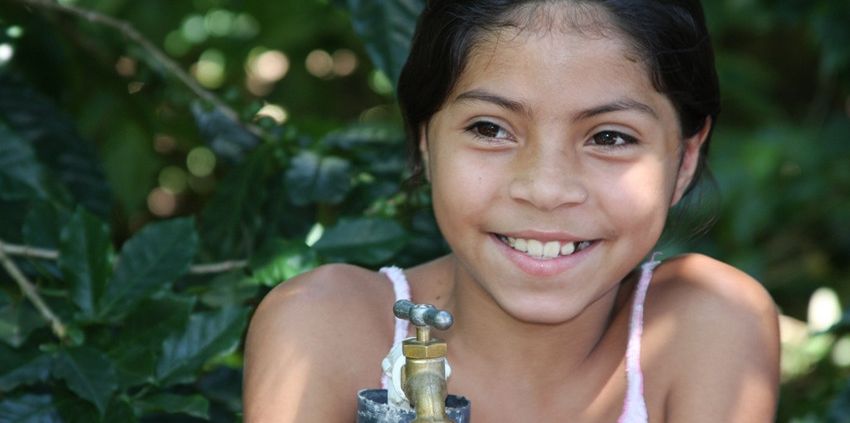Rural schools of Nicaragua
Have you ever wondered what a school without a lavatory would be like?
Nicaragua is the poorest country in Central America and only half the population have proper access to sanitation. This situation is aggravated in rural communities, where 80% of people have to relieve themselves in the open and only 38% of schools have water.
In the rural schools of the municipality of San José de Bocay, one of the poorest in Nicaragua, there is no water supply infrastructure and the sanitation (latrines) leaves a lot to be desired. This means that boys and girls lack basic hygienic conditions in their day-to-day life.
One year ago, the families, teachers, boys and girls in five of these rural communities began working to improve the conditions as regards water, sanitation and hygiene with the help of the NGO Ongawa and the Nicaraguan Ministry of Education.
How do they do it? Everybody collaborates, everybody has their part to play.
– The mothers and fathers collaborate and help with the construction work for getting water from up in the mountains to the school.
– The teachers are trained in the FECSA methodology (Familias, Escuelas y Comunidades Saludables – Families, Schools and Healthy Communities) to be able to guarantee good practices in hygiene at school.
– The boys and girls, with the help of the teachers, quickly learn proper hygiene practices like washing their hands with soap before eating, at the same time as they learn to use the new toilets.
And then what? All of them have an enormous challenge before them: to make sure the new facilities last and keep working so that the new generations can enjoy the right to water and sanitation and improve their living conditions and health.





